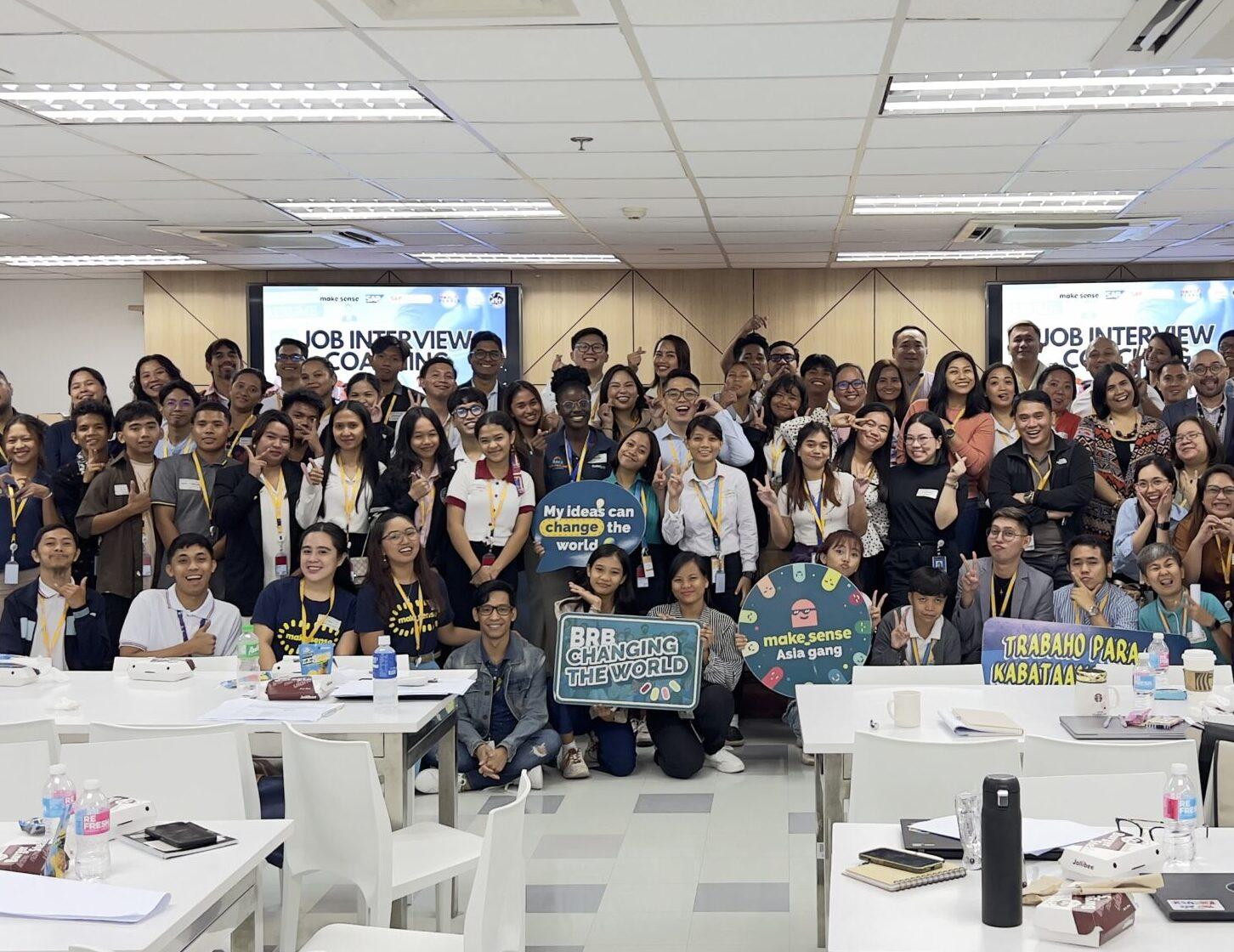Designing CSR Programs That Actually Make a Difference
So, you’re thinking about CSR, and not just for the “good PR,” right? Today, Corporate Social Responsibility has evolved way beyond a check-the-box exercise. It’s about strategically aligning with social and environmental goals that genuinely reflect what your company stands for—and making sure that, in the long run, these programs bring value to both the community and your business.
To help you get started on creating your own CSR program, here are a few tips we’ve learned:
Start with what matters to your company
Here’s the thing: CSR should feel authentic. It has to be rooted in your company’s mission and values—otherwise, it’ll come across as a half-hearted effort. Start by asking, “What values does our business champion?”
From there, it’s about engaging people across the board—employees, customers, community members—so you’re addressing needs that resonate with them too.

Take a hard look at local needs
Not every CSR program can be a one-size-fits-all. The best programs address specific, real issues that communities are facing. Instead of just jumping into projects, do a needs assessment. Look around, identify key social or environmental issues in your community, and then hone in on the areas where you have the resources to make a genuine impact.
You’ll often find that having an adaptable approach (rather than following “best practices” to the letter) leads to stronger outcomes. As recent research points out, CSR is most effective when you allow for some experimentation and local flexibility.
Set SMART goals and track them
SMART goals—Specific, Measurable, Achievable, Relevant, and Time-bound—are not just corporate jargon; they’re essential for building CSR initiatives that deliver real results. But don’t forget to build in some flexibility. Set up your tracking systems, sure, but allow your local teams to adapt initiatives based on what they’re actually seeing on the ground.
Let them make adjustments if they need more time, resources, or even just a tweak in approach. Empowering your team to “own” the CSR program can lead to much stronger outcomes.
Allocate people, not just money
Resources aren’t just about cash. You need the right people driving these programs. Having a designated “CSR champion” within each business unit can be a game-changer, as it ensures there’s someone taking ownership at every level.
And don’t be afraid of partnerships! Team up with NGOs, government agencies, and other businesses. In makesense, we’re huge believers in partnering strategically as it can help you boost impact and it often brings in fresh expertise and community trust.

Bring employees along for the ride
Some of the most effective CSR initiatives are those where employees are involved hands-on. People get more invested when they’re given the chance to contribute their ideas or volunteer in the community. This kind of engagement isn’t just good for CSR,it’s great for morale and helps foster a culture where social responsibility feels like second nature too.
Measure and communicate impact honestly
Tracking KPIs is critical, but the real key is to be transparent about what’s working and what isn’t. Investors, stakeholders, and even customers increasingly want to see authenticity here.
So, share your findings honestly; even if they’re not all glowing successes. This kind of transparency builds trust and makes CSR feel more real. Plus, it’s an excellent way to keep everyone on board as you refine and adjust for the future.
At the end of the day, CSR is a great way to reinforce what your organization stands for and to contribute something meaningful to the world.
Plus, the benefits are clear: stronger community ties, boosted employee engagement, and yes—a better reputation. And in the long run, these programs can help attract top talent and even open doors to new opportunities!
By staying authentic, adaptable, and committed, your CSR efforts can be a true win-win for everyone involved.
